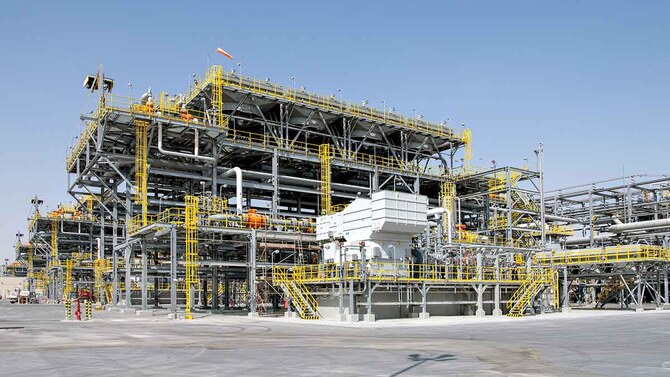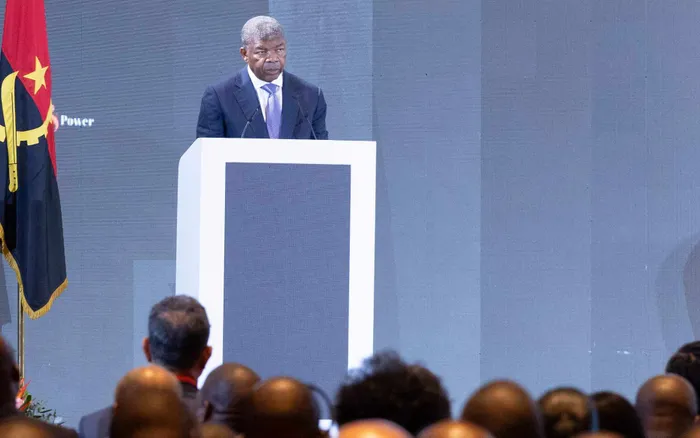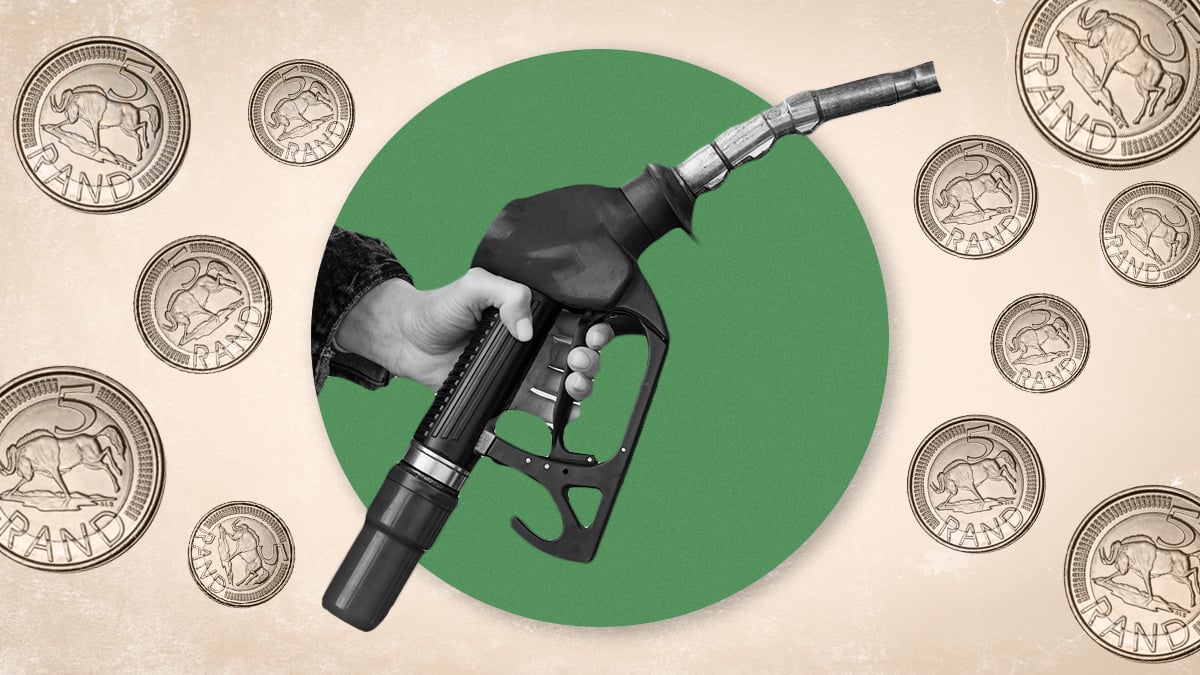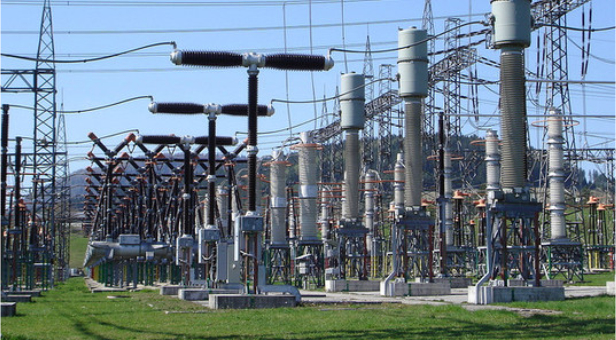Storage

Kuwait Plans One of Middle East’s Largest Battery Storage Projects to Strengthen Grid Reliability and Accelerate Renewable Energy Transition
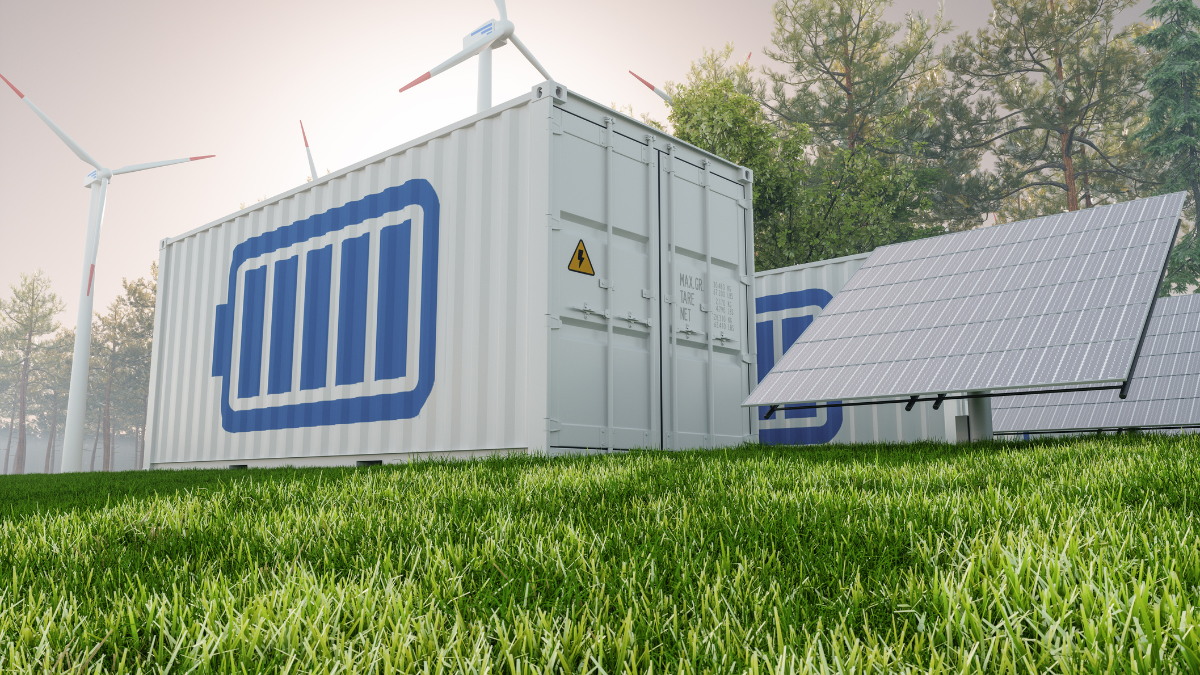
In a bid to tackle mounting power shortages and ensure energy reliability, Kuwait is advancing plans to build one of the Middle East’s largest battery energy storage systems, with a proposed 1.5 GW discharge capacity and 4–6 GWh of total storage.
The large-scale battery initiative is currently in the negotiation phase, with government officials expressing optimism that a final agreement could be reached soon. The project is designed to stabilize Kuwait’s electricity grid, which has faced rising strain from population growth, urban expansion, increasing summer temperatures, and delays in maintenance of existing power plants.
Strategic Step Toward Energy Security
Authorities have identified the battery storage system as a crucial step in Kuwait’s broader energy security strategy, aimed at reducing dependence on fossil-fuel-based peak generation. Once completed, the system would serve as a flexible back-up source, capable of balancing electricity supply during high-demand periods and integrating future renewable energy projects.
Energy experts note that the proposed project could rank among the largest energy storage deployments in the Gulf region, positioning Kuwait as a frontrunner in adopting advanced grid technologies in the Middle East.
While the initiative is still under negotiation, officials stress its importance for Kuwait’s long-term energy transition. Beyond addressing immediate power shortages, the deployment of large-scale storage is expected to enable greater renewable penetration, enhance grid stability, and reduce carbon emissions in line with regional sustainability goals.
If implemented, Kuwait’s battery storage project could set a benchmark for energy resilience across the Middle East, demonstrating how oil-rich economies are beginning to invest in flexible, low-carbon technologies to secure their energy futures.





